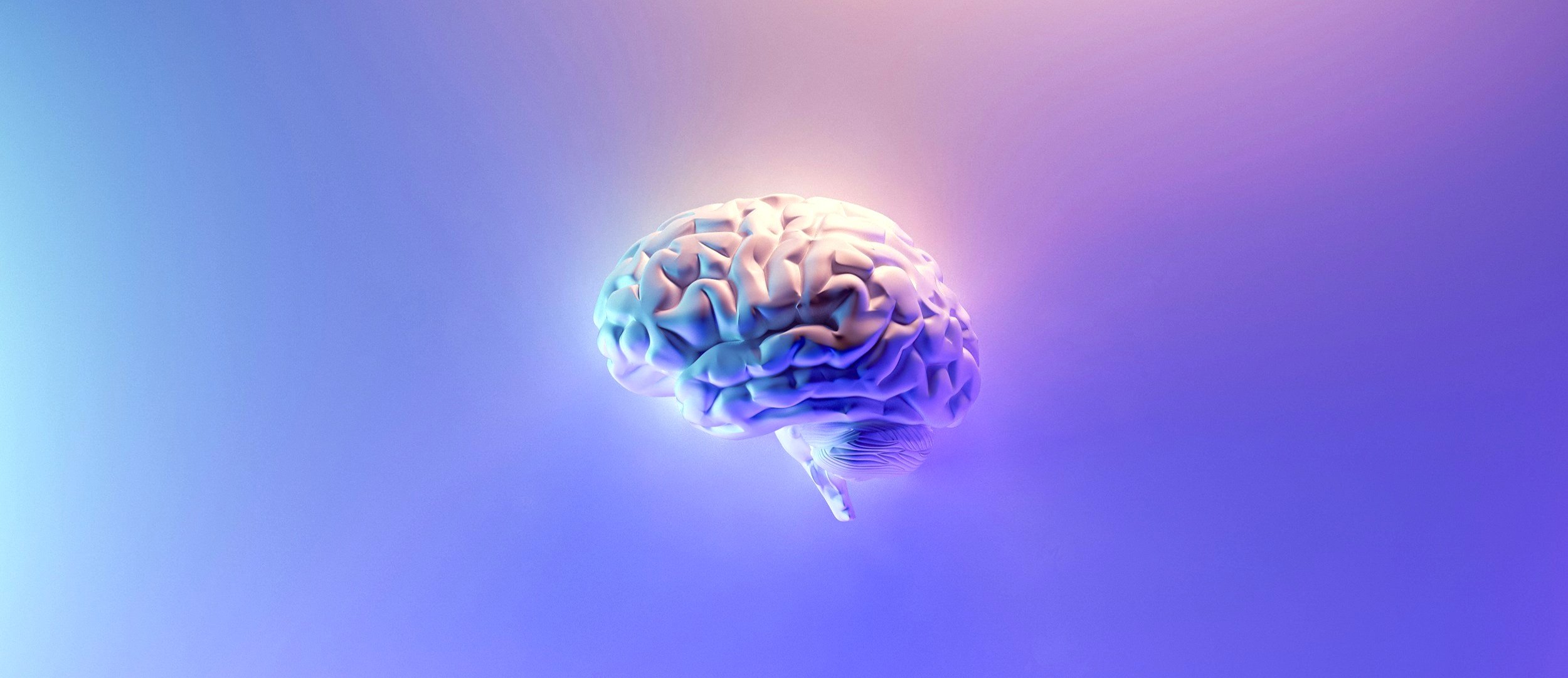Neuroscience Ireland Conference 2025
Conference Speaker Profile
Prof. Ciara McCabe
University of Reading,
United Kingdom
Talk Title
Investigating the reward mechanisms underpinning anhedonia in adolescents
Talk Abstract
Anhedonia is a transdiagnostic symptom featuring in major depressive disorder (MDD), schizophrenia, substance misuse, and post-traumatic stress disorder. Anhedonia is present in at least 50 to 70% of people with depression. Anhedonia is considered a risk factor for depression and predicts worse depression treatment outcomes.
Anhedonia is thought to be underpinned by dysfunction in the reward system and any one or combination of its sub-component processes, anticipation, motivation, and enjoyment.
This talk will be about work related to anhedonia in adolescents and the neural and behavioural responses to reward that might underpin this symptom. Studies using fmri, behavioural tasks and ecological momentary assessments will be discussed.
Speaker Biography
My research has linked together the psychology and pharmacology of psychiatric disorders and their treatment. My UG degree in Psychology at Queens University Belfast and my PhD at the University of Ulster provided a firm grounding in preclinical psychopharmacology.
During my PhD I developed a novel animal model of anxiety involving operant conditioning and frustrative non-reward. My first post-doc position at Wake Forest University, USA, allowed me to refine my understanding of psychopharmacology in rigorously controlled designs by investigating disorders of addiction using non-human primate self-administration models.
As I wanted to apply this knowledge directly to humans I moved to the Experimental Psychology Department at Oxford University and undertook extensive training in neuroimaging to understand the reward system in the human brain. Here I examined the brains response to primary and secondary rewards.
Subsequently at the Psychiatry Department at Oxford University, and currently at Reading University, my Neuroscience of Reward Group (NRG_lab) and I have been able to examine the human reward response in young people with a focus on anhedonia in depression. We use numerous methodologies such as neuroimaging, behavioural reward learning tasks and real-life ecological momentary assessments.


